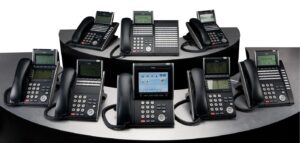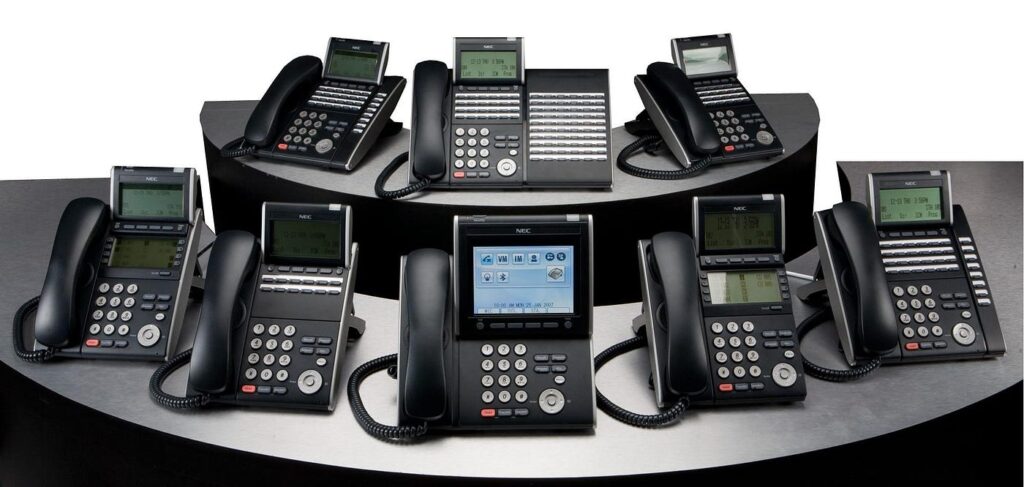PABX System Seamless Communication
In today’s fast-paced business landscape, effective communication is the cornerstone of success. Companies of all sizes rely on robust communication systems to stay connected with clients, collaborate internally, and streamline operations. This is where PABX System / Private Automatic Branch Exchange (PABX) systems step in as a game-changer.
Understanding PABX Systems
A PABX system, short for Private Automatic Branch Exchange, is a telecommunications solution that empowers organizations to manage their internal and external communications efficiently. These systems have evolved over the years, transitioning from traditional hardware-based setups to modern, feature-rich software-driven solutions.
Key Features of PABX Systems
-
Call Routing: PABX systems intelligently route calls to the appropriate extensions or departments, reducing call handling time and ensuring callers reach the right person or department swiftly.
-
Voicemail and Call Forwarding: Users can easily set up voicemail and call forwarding options, ensuring that important calls are never missed.
-
Conference Calling: Conduct virtual meetings with ease, as PABX systems support conference calling, making collaboration across locations seamless.
-
Scalability: As your business grows, PABX systems can scale alongside, accommodating additional users and extensions without hassle.
-
Cost Efficiency: By optimizing call routing and reducing the need for multiple phone lines, PABX systems can significantly lower communication costs.
-
Integration: PABX systems can integrate with other business tools like CRM software, further streamlining operations.
Types of PABX Systems
-
Traditional PABX: Hardware-based systems that have been used for decades, offering reliability but limited scalability and features.
-
IP-PBX: Internet Protocol Private Branch Exchange systems leverage the internet to facilitate communication, providing more flexibility and advanced features.
-
Hosted PABX: These cloud-based systems are ideal for businesses looking to reduce hardware costs and maintenance.
-
Hybrid PABX: Combining the best of both worlds, hybrid systems offer the reliability of traditional PABX with the versatility of IP-PBX.
Why Your Business Needs a PABX System
-
Enhanced Productivity: With efficient call handling and features like voicemail and call forwarding, employees can focus on their core tasks, boosting overall productivity.
-
Improved Customer Service: PABX systems ensure that customer calls are answered promptly and directed to the right department, enhancing customer satisfaction.
-
Cost Savings: By optimizing call routing and reducing the need for multiple phone lines, PABX systems can lead to significant cost savings over time.
-
Scalability: As your business grows, PABX systems can easily expand to accommodate your evolving needs.
-
Remote Work: In the era of remote work, PABX systems support seamless communication for both in-office and remote employees.
-
Business Continuity: PABX systems often come with redundancy options, ensuring that your communication remains operational even in the event of a system failure.
In conclusion, investing in a PABX system is a strategic move for any business seeking to enhance communication, improve efficiency, and reduce costs. Whether you opt for a traditional setup or a modern, cloud-based solution, the benefits of a PABX system are undeniable. It’s time to unlock the full potential of your business’s communication capabilities with a PABX system.
For more information on PABX systems and how they can benefit your organization, visit Martello Engineering.


